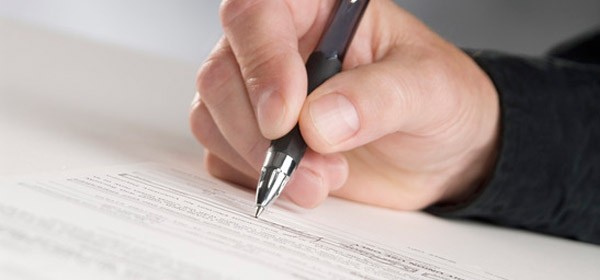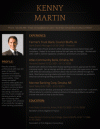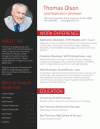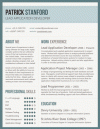Even though they’re universally loathed by job applicants, cover letters provide an opportunity for you to expound upon areas not addressed in your resume, such as deficiencies or additional accomplishments. Because of this, it is very important to learn how to write an effective cover letter, one that will actually benefit you and your application. In order to do this, there are a couple of things you should remember.
Address The Cover Letter Personally To the Hiring Manager
Don’t use that old “to whom it may concern” address. That will get you nowhere quick. Instead, use the name of the hiring manager and their title, such as “Mr. Smith” or “Dr. Andrews”. If you don’t know their name, then try to find it, even call the company if you have to do so. At least doing so shows you have some initiative and separates you from the countless other applicants vying for the spot.
Be As Direct As Possible
Within the first couple of sentences, you want to state the job for which you’re applying. These hiring managers have to read through thousands of applications, so you don’t want them forgetting exactly who you are or what you want when looking over the cover letter. This first paragraph only needs to be two to three sentences in length and should be separated from the body of the letter. This allows for anyone to easily see exactly why you’re addressing the letter to the company to begin with.
The Body of the Letter
It is during the next two to three paragraphs that you can choose to address various topics related to your application for employment. Common issues addressed include why you’re the most qualified applicant for the position, what you can offer a company given your past work history or accomplishments, and why it is important for you to work for the company.
Ending The Cover Letter
When you end the cover letter, you’ll want to restate your strongest argument for why the company should choose you instead of one of the other applicants. Next, you’ll want to include an email address and phone number where a company official can reach you. Be sure to mention your attached resume, and thank them for taking the time to review your application.
Really, the most effective cover letters tend to be direct and courteous, nothing more or less. Adding superfluous information will only detract from your resume or any points you may make in the letter itself. So remember that as far as cover letters go, less is often more.




